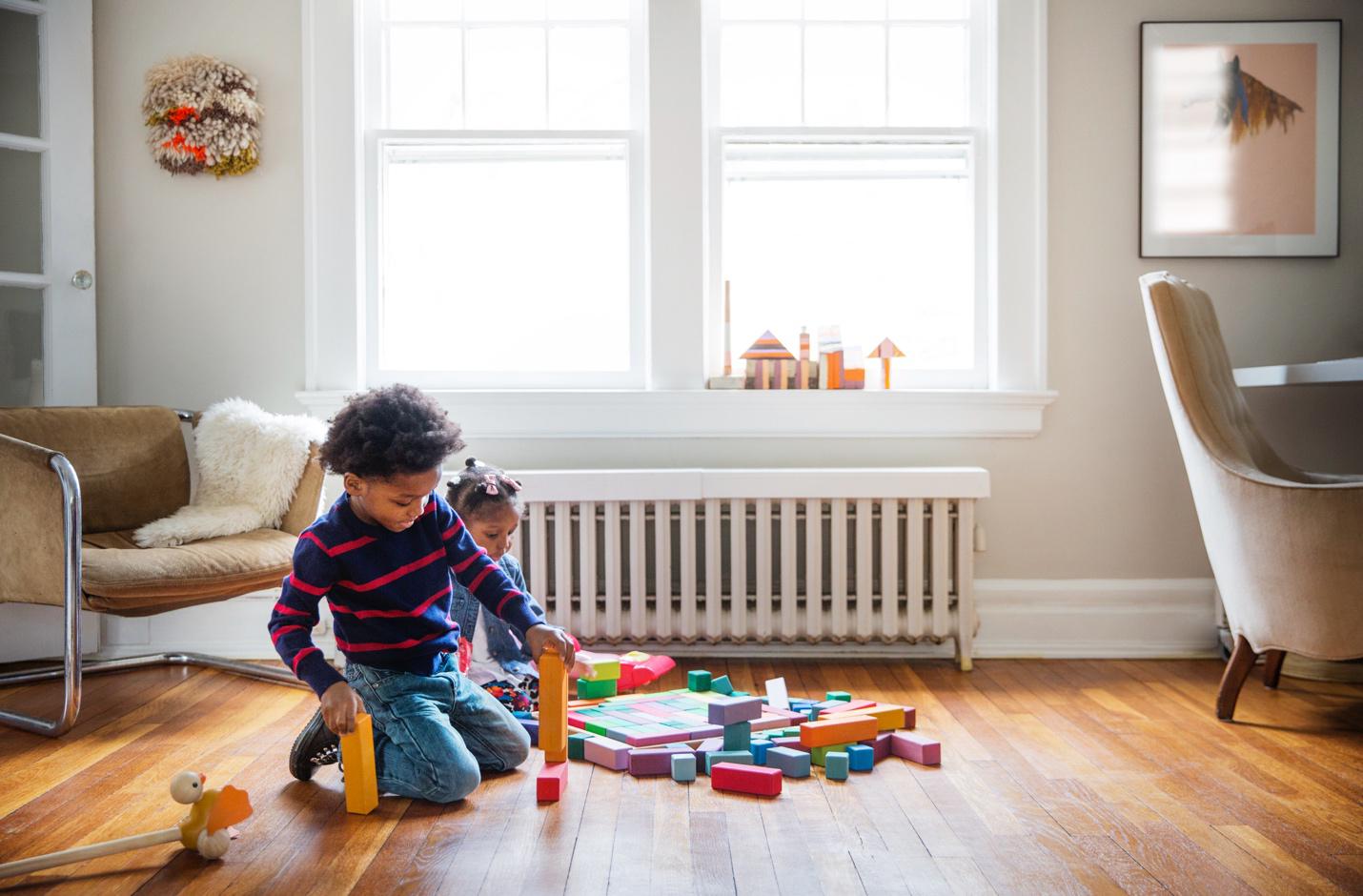
Every parent understands how important a good night's sleep is for their child’s health and development. Restorative sleep supports physical growth, emotional regulation, and cognitive performance. Yet, one often overlooked factor can significantly disrupt a child's sleep patterns—indoor air quality. The connection between the air children breathe at night and their ability to rest deeply is stronger than many realize.
The Hidden Influence of Indoor Air Pollution on Sleep
Air quality inside the home plays a critical role in sleep health. When pollutants like dust mites, pet dander, mold spores, or volatile organic compounds are present in the air, they can irritate a child's respiratory system. Even low-level exposure can cause mild to severe symptoms such as sneezing, coughing, congestion, and itchy eyes. These symptoms tend to intensify at night when children are lying down, which makes breathing harder and sleep more fragmented.
Additionally, children are more vulnerable to these environmental factors because their lungs are still developing. Poor air quality can trigger or exacerbate respiratory conditions like asthma, increasing nighttime awakenings and reducing the overall quality of sleep. Without uninterrupted rest, children may have trouble concentrating during the day, mood swings, and weakened immune systems.
Temperature and Humidity: Two Key Factors That Affect Rest
Maintaining optimal temperature and humidity in a child's room is essential. Air that is too dry can lead to irritated nasal passages and dry throat, making sleep uncomfortable. Conversely, excessive humidity creates an ideal environment for mold growth and dust mites, which further degrade air quality. An imbalanced environment can also lead to overheating or feeling too cold at night.
Parents who rely on heating and cooling systems to maintain comfort should prioritize regular maintenance. An inefficient system can circulate dust and other pollutants, contributing to poor indoor air quality. Hiring a professional heating repair company to inspect and clean HVAC systems can make a significant difference. Clean air ducts and properly functioning units ensure air is filtered and temperatures remain steady, promoting healthier sleep conditions.
Steps Parents Can Take to Improve Air Quality for Better Sleep
Several strategies can help improve indoor air quality. Regularly replacing HVAC filters, vacuuming with HEPA filter systems, and using certified air purifiers reduce airborne irritants. Limiting the use of harsh chemical cleaners or air fresheners in the home also prevents the release of harmful particles. Simple habits like opening windows for ventilation when weather permits can introduce fresh air, helping to reduce indoor pollution levels.
Ensuring clean air in your child's bedroom is an essential step toward better sleep and healthier living. With thoughtful adjustments and attention to indoor conditions, parents can create an environment where children not only sleep peacefully but also thrive during their waking hours. To learn more, look over the infographic below.



























